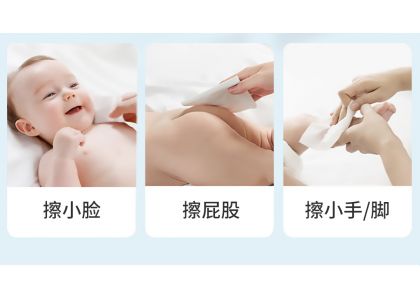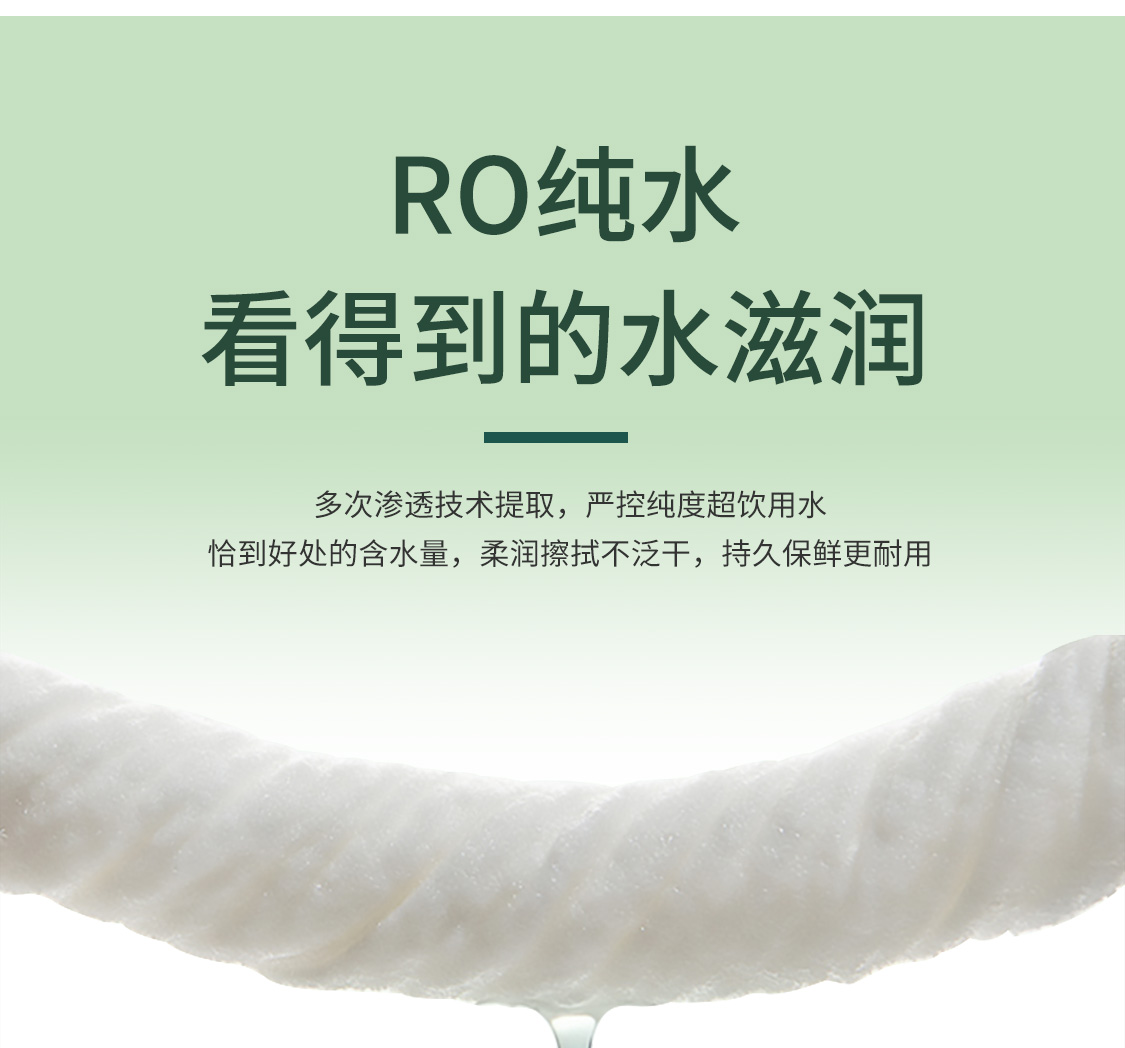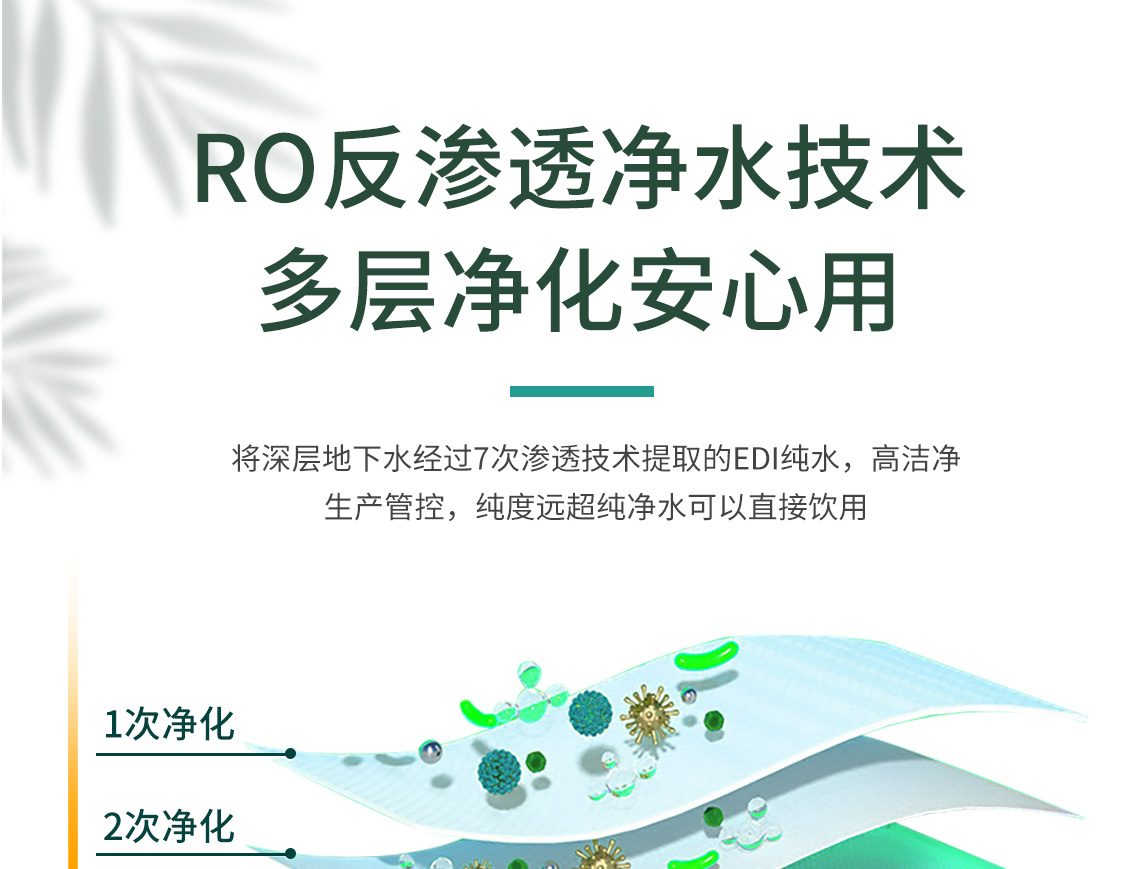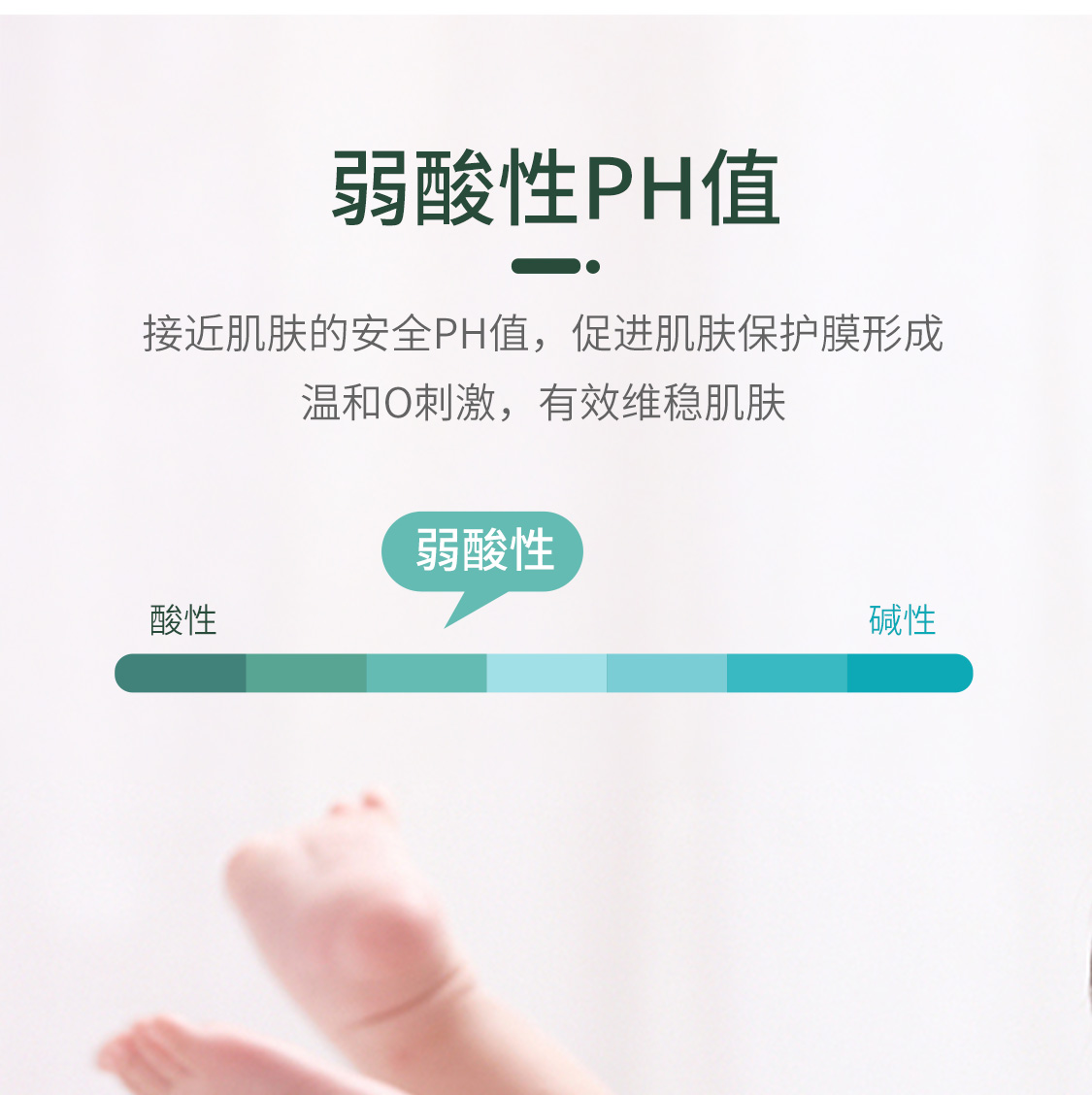
When we buy wet wipes, we often see businesses promoting products to introduce the effective ingredients of wet wipes, the quality of non-woven fabrics, etc., and some businesses will mention some nouns that consumers do not understand, such as RO pure water, EDI water, what is RO pure water? What is EDI water? What role do they play in wipes? Do we need to pay special attention to this?

First of all, we must be clear that the water in the wet wipes is a very important part of the wet wipes, it is not simple tap water, but specially treated water. If you directly use cheap tap water to make wipes, they will breed bacteria, and some even grow mildew, and the ingredients in tap water will react with other ingredients of wipes, affecting the use of wipes.
Pure water: Refers to water that is filtered by a reverse osmosis membrane and does not contain impurities such as heavy metals, scale, bacteria, viruses, and pollutants.In addition to filtering out harmful substances, microorganisms, bacteria, viruses, etc. from the water, pure water does not contain any beneficial trace elements.Pure water can be drunk directly raw, generally as household drinking water.
Water purification: On the market, water purification refers to non-RO (reverse osmosis) water, most of which refer to ultrafiltration water. Generally, water purified by PP cotton and activated carbon filter elements is called water purification.After the water purification and filtration, the impurities, suspended solids, bacteria, residual chlorine, pesticide odor, organic pollutants, heavy metals and other harmful substances are removed, but the beneficial minerals and trace elements of the human body are retained.
Water purification is not recommended for raw drinking. It is generally used as kitchen water for washing vegetables, cooking, soup, porridge, etc.Water purification cannot completely remove chemical pollutants from the water, and it is not recommended to drink directly if the water quality is not good.
RO pure water: It is pure water produced by RO reverse osmosis technology.

RO membrane reverse osmosis is a new membrane separation technology developed in the 1960s. It relies on the reverse osmosis membrane to separate the solvent and solute in the solution under pressure.The full English name of reverse osmosis is "REVERSE OSMOSIS”, which is shortened to "RO”.
RO pure water basically does not retain the minerals in the water, the PH value is between 6-7, and it is weakly acidic. It is generally used for medical water such as dialysis, or special water such as laboratories, electronic chemicals, etc. Due to serious water pollution, in order to ensure the safety of drinking water, it is also used for daily drinking water. It is hygienic and safe drinking water, which can be drunk directly.
EDI pure water: pure water produced by EDI technology.
EDI ion exchange technology is a pure water manufacturing technology that combines ion exchange membrane technology and ion electromigration technology.It cleverly combines electrodialysis and ion exchange technology, uses the high pressure of the electrodes at both ends to move the charged ions in the water, and cooperates with the ion exchange resin and the selective resin film to accelerate the removal of ion movement, so as to achieve the purpose of water purification.
From the point of view of the quality standards of the water produced, the purity of EDI ultrapure water is higher than that of RO pure water.
Why is RO pure water used in wet wipes?
RO pure water does not contain any minerals and trace elements, so there is no need to worry about reacting with other ingredients in the wipes.In addition, RO pure water filters out microorganisms, bacteria, viruses, etc., and is not easy to breed bacteria and mildew.
RO pure water is weakly acidic and is more suitable for human skin. Most people's skin is weakly acidic, that is, the pH value is between 4.5-7.5. This pH of the human body can well resist the invasion of foreign bacteria, and it is also an acceptable pH for people.If the pH of the items we come into contact with is far different from the range accepted by the human body, symptoms such as allergies and itchy skin will occur, and serious diseases will be caused.

For children, the skin itself is more delicate and sensitive than that of adults. If wet wipes with a large pH gap are used, they will cause unpredictable damage to the baby.